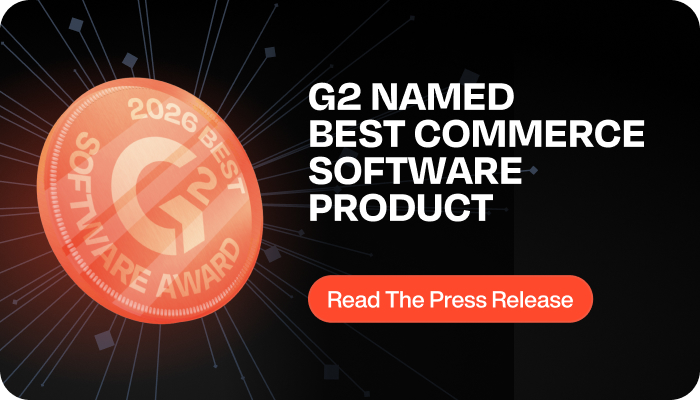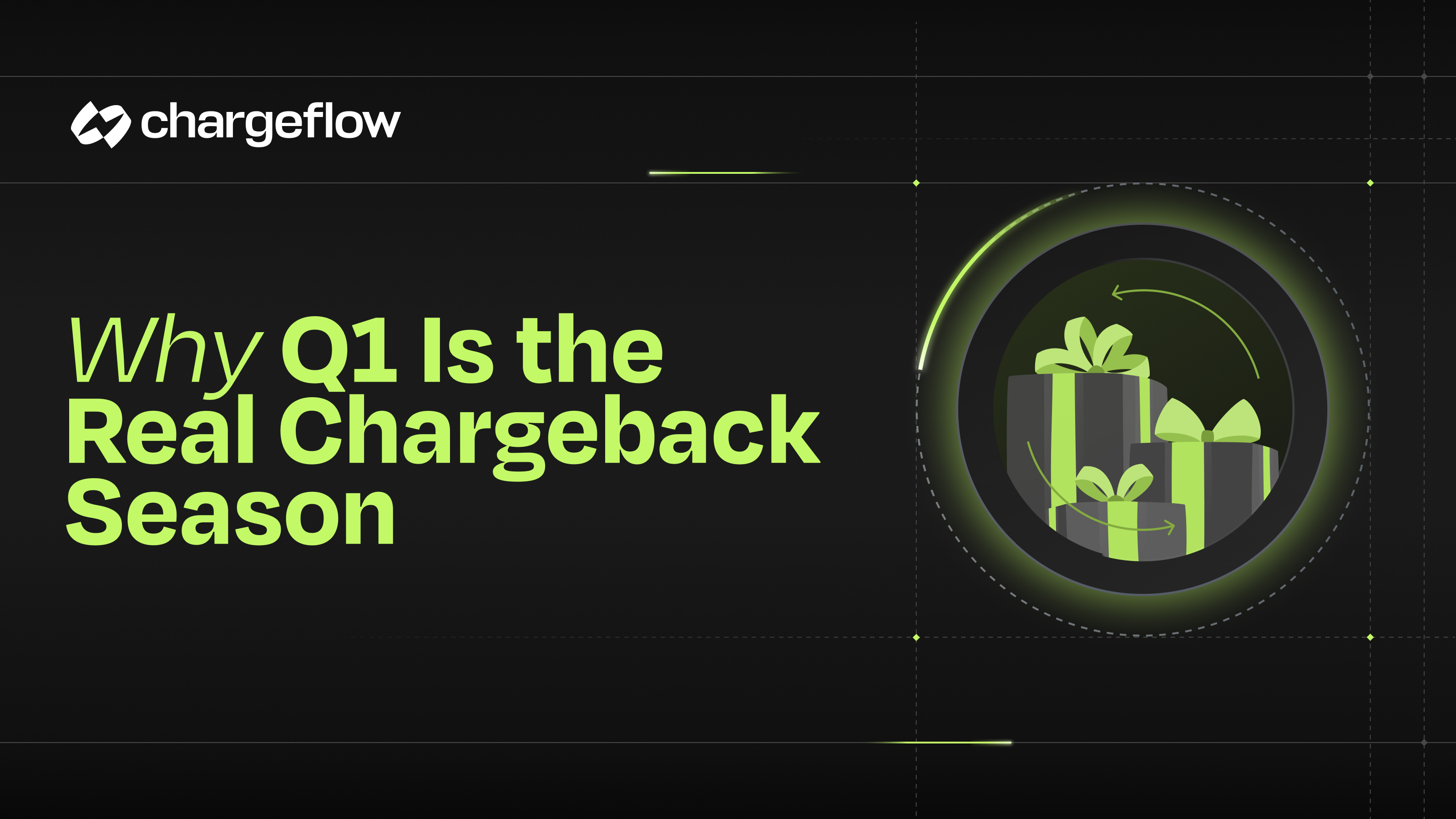Mastering Dispute Recovery: Strategies for Merchants

Chargebacks?
No longer your problem.
Recover 4x more chargebacks and prevent up to 90% of incoming ones, powered by AI and a global network of 15,000 merchants.
Reclaim control with dispute recovery solutions for merchants. Minimize financial losses, regain revenue, & protect your business from payment dispute.
Welcome to the world of dispute recovery for merchants. In this article, you'll discover invaluable strategies to protect your business and overcome the challenges of disputes.
We'll explore the impact of disputes on your revenue and reputation, and delve into practical prevention techniques.
With our guidance, you'll navigate the often complex dispute resolution process with confidence. So, let's dive in and master the art of dispute recovery, empowering you to safeguard your success in the marketplace.
Understanding Disputes in Merchant Services
Merchant services, like any other business, can encounter disputes. These disputes arise when customers and merchants find themselves at odds. Whether it's a billing issue, product dissatisfaction, or a misunderstanding, disputes can disrupt the smooth functioning of a business.
Types of Merchant Disputes
Various types of merchant disputes to watch out for:
- Billing Disputes: Invoicing errors, unauthorized charges, or discrepancies can lead to billing disputes. Customers may contest charges or question the accuracy of their invoices.
- Product/Service Dissatisfaction: When customers are unhappy with a product or service, disputes can arise. This may include issues with quality, performance, or unmet expectations.
- Delivery and Shipping Problems: Disputes can occur due to delays, damaged shipments, or non-delivery of goods. Customers expect timely and intact deliveries, and any deviation can lead to disputes.
- Fraudulent Activity: Instances of fraud, including identity theft, unauthorized transactions, or counterfeit products, can trigger disputes between customers and merchants.
The Impact of Disputes on Merchants
Merchant disputes can have significant implications for businesses. Here's why they matter:
- Financial Loss: Disputes can result in lost revenue for merchants. Refunds, chargebacks, or compensations may lead to financial setbacks and affect profitability.
- Reputation Damage: Disputes that are not resolved satisfactorily can harm a merchant's reputation. Negative reviews, social media backlash, and word-of-mouth can impact customer trust and loyalty.
- Time and Resource Drain: Resolving disputes demands time and resources. Dealing with dispute notifications, collecting evidence, and engaging in the resolution process can divert attention from core business activities.
Common Reasons for Merchant Disputes
Understanding the root causes of merchant disputes
- Miscommunication: Lack of clear communication between merchants and customers can result in misunderstandings, unrealistic expectations, and disputes.
- Product/Service Description Discrepancies: If product descriptions do not accurately reflect the features, performance, or specifications, disputes may arise when customers receive products that do not match their expectations.
- Delivery and Fulfillment Issues: Late deliveries, damaged goods, or non-compliance with shipping promises can lead to customer dissatisfaction and disputes.
- Customer Service Shortcomings: Inadequate customer support, unresponsiveness, or failure to address customer concerns can escalate disputes.
Dispute Recovery Strategies for Merchants
Chargebacks are a fact of life for merchants, but they don't have to be a death sentence. With the right dispute recovery strategies, merchants can successfully fight illegitimate chargebacks and recover lost revenue.
Here are some tips for dispute recovery:
- Analyze your disputes as soon as you receive notification of them: This will help you determine whether the dispute is valid or not. If you believe the dispute is fraudulent or erroneous, you can start the process of chargeback representment.
- Gather compelling evidence: This evidence should support your position that the chargeback is invalid. This could include things like shipping confirmations, order receipts, or customer communications.
- Write a clear and concise rebuttal statement: This statement should explain why you believe the chargeback is invalid and why the evidence supports your position.
- Work with your acquiring bank: Your acquiring bank can help you through the chargeback representment process. They will also be able to provide you with guidance on the types of evidence that are most likely to be successful.
- Be proactive: Don't wait for chargebacks to happen before you start taking steps to prevent them. Implement a strong fraud prevention program and train your staff on how to identify and prevent fraudulent transactions.
- Keep good records: This includes things like customer order information, shipping confirmations, and customer communications. Having good records will make it easier to fight chargebacks if they do occur.
- Respond promptly to customer inquiries: If a customer has a problem with their order, be sure to respond promptly and try to resolve the issue to their satisfaction. This will help to reduce the number of chargebacks that you receive.
By following these tips, merchants can reduce the number of chargebacks they receive and increase their chances of successfully recovering from the ones that do occur.
Navigating the Dispute Resolution Process
When disputes arise, having a dedicated team to handle them is crucial. This team will document and gather evidence for each dispute, ensuring a structured approach to resolution.
Collaborating with Payment Service Providers (PSPs)
Payment service providers play a vital role in resolving disputes. By working closely with them, you can efficiently address and resolve issues, leveraging the dispute resolution tools they provide.
Mediation and Alternative Dispute Resolution (ADR)
Mediation offers an opportunity to resolve disputes amicably. Through negotiation and other ADR methods, you can find common ground and reach a satisfactory resolution, avoiding the need for legal action.
Legal Action as a Last Resort
In certain situations, legal action may be necessary. Seeking legal advice and representation is crucial to understand your options and potential outcomes. Prepare for the process, but remember that litigation should be a last resort.
PayPal Dispute Automation: Is it Possible?
Chargeflow uses artificial intelligence and machine learning to automate the process of responding to PayPal disputes, providing merchants with the documentation they need to win their disputes and recover their funds.
It means that merchants who use Chargeflow can automate the entire dispute process, from responding to the customer to providing documentation to PayPal.
Chargeflow has a win rate of over 80%, which is significantly higher than the average win rate for merchants who handle disputes on their own.
It is because Chargeflow's automated system is able to quickly and accurately assess each dispute and provide merchants with the best possible documentation to support their case.
Chargeflow is a valuable tool for merchants who are looking to automate the process of responding to PayPal disputes.
The company's automated system can save merchants time and money, and it can help them to increase their chances of winning their disputes.

Chargebacks?
No longer your problem.
Recover 4x more chargebacks and prevent up to 90% of incoming ones, powered by AI and a global network of 15,000 merchants.
















































.png)








